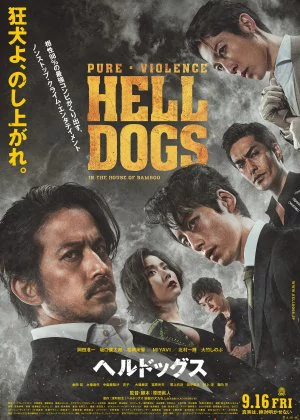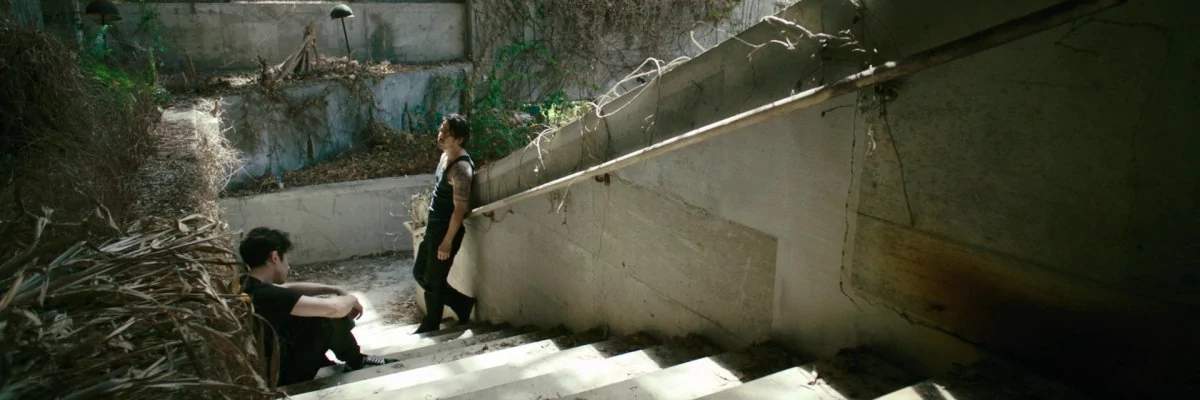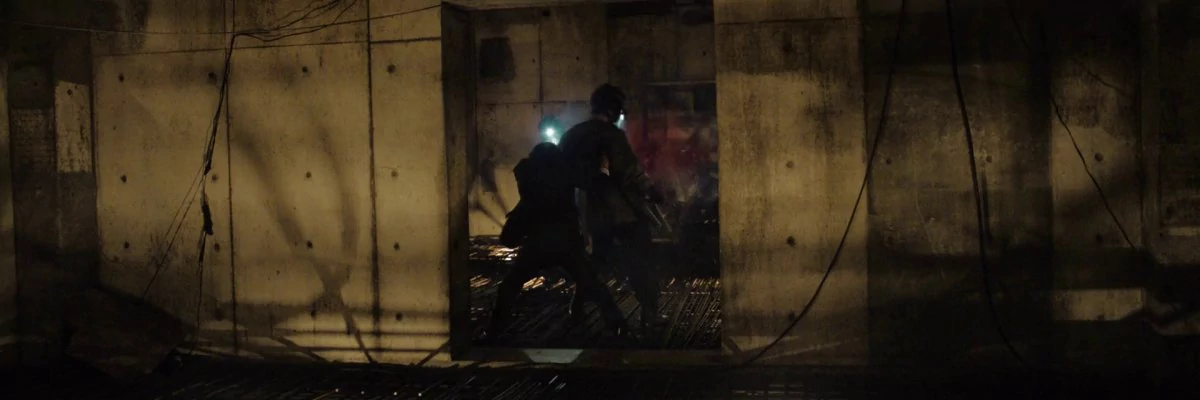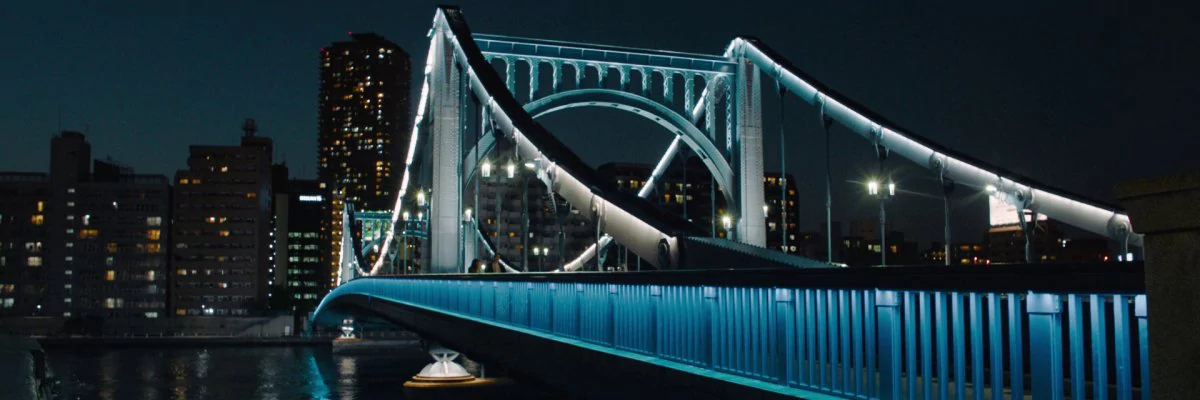Hell Dogs

The crime genre is one of the staples of Japanese cinema. They love a good Yakuza story over there, as a result though, the films themselves may start to feel a bit stale and predictable after a while. Certainly for those of us who have seen the most celebrated examples already. Masato Harada's Hell Dogs doesn't attempt to uproot the genre, but like most of Harada's work, it does manage to set itself apart from more core genre works in subtle yet meaningful ways. This is one of those films that won't convert the unfaithful but will feel quite fresh and novel to longtime fans.

I like Masato Harada. He doesn't really have a signature style, and he doesn't commit to a single genre, but he's definitely no mere director for hire. He can work within genre boundaries pretty well, but he'll always add a unique touch to differentiate his films from more generic genre efforts. For that reason alone, it's always exciting to seek out his work, as you can be certain you'll be watching a film that offers you something just a little different. Hell Dogs is a perfect example. In many ways, it's a typical Japanese Yakuza flick, but it never feels like a lazy rehash.
It's probably not the easiest film for people who aren't too familiar with the niche though. Like most Yakuza films, there's a very broad cast of characters who are all intricately linked to each other. There's a front of respect and order within the Yakuza community, but also a wide playing field of betrayal and backstabbing. Keeping track of everything can be a little daunting, certainly when there is quite a bit of plot to wade through. Harada also likes to play with thriller and action elements to make the genre mix a bit more intriguing (and let's be honest, less dry), so it can get a bit much.
The plot follows an undercover cop infiltrating the Yakuza in order to weed out the top honchos. It's a classic story of a disillusioned police officer who finds himself struggling with his convictions when he is sent on an undercover mission, as he needs to build strong personal bonds with the criminals he spends time with. The more he learns of the plans developing around him, with different factions plotting against each other, the tougher the choices he faces to protect the people he cares for. At the same time, he needs to make sure he remains faithful to the job he promised to do.

Most Yakuza films aren't that committed to the cinematography and their visuals, as most of the attention tends to flow into the plot and characters. Harada was very smart to pick some interesting and cool-looking locations, which by themselves add a lot of visual panache. The camera work is pretty slick, the colors look sharp and he makes good use of lighting to add that extra bit of flair. The action scenes too are used purposefully, putting a more explicit focus on the looks. The result is a pretty sexy-looking Yakuza film, not something you see every day.
The score is also slightly better than usual. Yakuza cinema typically doesn't bother with very remarkable soundtracks (unless we're talking about someone like Kitano, but I'm eyeing core genre work here), the music in Hell Dogs on the other hand takes a more active role in setting the mood. It's not at the level of Hisaishi (far from it), but the more contemporary choice of music does give the film a more distinct vibe that helps to set it apart from its peers. It's small details like these that help to lift up a core genre film and make it that little bit more memorable.
It's clear that there's been a generational shift in Japanese cinema when it comes to its pool of actors. Ten years ago, a film like this would've been filled to the brim with seasoned names and familiar faces, now it's mostly younger actors building up their careers. Jun'ichi Okada and Kazuki Kitamura are the certainties that carry the film, upcoming talent like Miyavi and Kentaro Sakaguchi use their parts well to leave a positive impression. There are no real stand-out performances here, but everyone does his or her share of the work, which is all that's really needed for this type of film.

Hell Dogs takes a while to get going, but that's only normal. There's quite a large cast of characters that need to be introduced and explaining the intricacies between the different factions of the clan takes up quite a bit of time too. There are some early action scenes to keep things moving along, but it isn't until the second half of the film and the build-up to the finale that Hell Dogs' setup begins to pay off. This structure is typical for core Yakuza flicks and Harada helps offset the dryer moments with the above-par styling, so I'm not complaining. It's just something to be aware of if you're less familiar with the genre.
Harada isn't the type of director to ever blow me off my feet, but his films always seem to move beyond the expected. Hell Dogs looked like a very capable Yakuza flick from the get-go, but it turned out to be one of the better films in its genre. The stylish locations and ditto cinematography, a slightly more distinct and contemporary score, and solid performances elevate a simple crime/action film to something more distinct and valuable. And as a (significant) bonus, the film is readily available on Netflix, so I don't even have to launch my trademark availability rant.